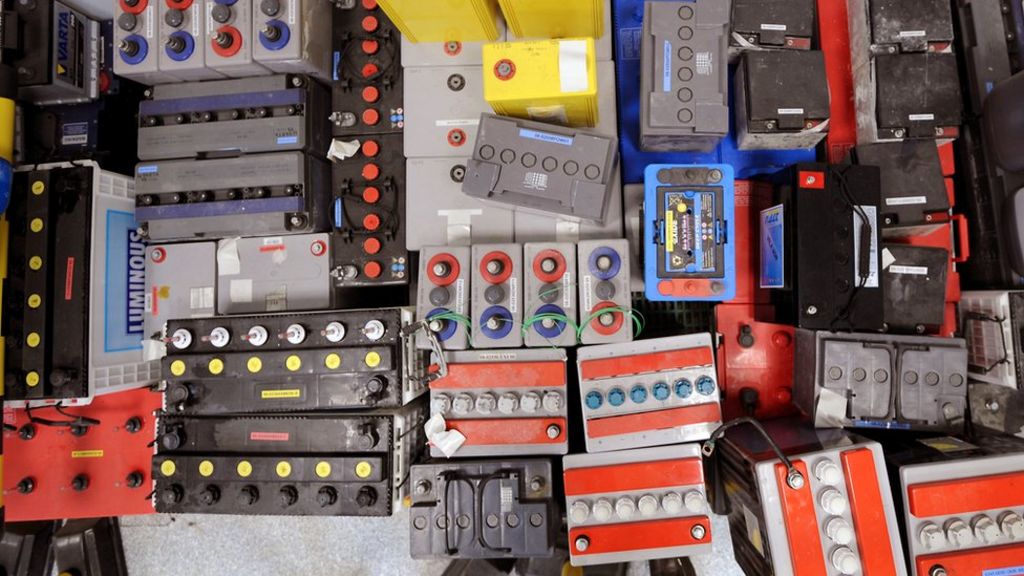UK Universities Targeted By Cyber-thieves

 Image copyright
JEAN-PIERRE CLATOT
Image copyright
JEAN-PIERRE CLATOT
British universities are being hit by hundreds of successful cyber-attacks every year, reports the Times.
More than 1,152 intrusions into UK university networks had been recorded in 2016-17, it said.
And thieves were interested in defence technologies as well as research into novel fuels and better batteries.
The newspaper used data gleaned from Freedom of Information requests to gauge the extent of cyber-attacks on the educational institutions.
Tempting targets
The requests revealed that Oxford, Warwick and University College London had all suffered breaches that sought to steal research data and documents.
The newspaper said thieves were either stealing on behalf of foreign powers or looking to get at valuable data they could sell to the highest bidder.
The number of recorded attacks had doubled in two years, it added.
"Universities drive forward a lot of the research and development in the UK. Intellectual property takes years of knowhow and costs a lot," Carsten Maple, director of cyber-security at the University of Warwick, told the paper.
"If someone can get that very quickly, that's good for them."
Mr Maple said the digital defences deployed by UK universities needed to be tightened up.
The information received by the Times revealed attackers used many different techniques to extract either data or cash from the UK's higher education organisations.
Ransomware, phishing and denial of service attacks, which bombard sites with data, had all been employed against universities, it found.
Some organisations were being hit by more than 1,000 attacks a month, it said.
"It is no surprise that universities are suffering from an increase in security breaches," said Dr Anton Grashion, head of security practice at Cylance.
"Their network environments are some of the most challenging networks to manage, with usually smaller security and staffing budgets."
The open networks many universities ran made them a "tempting and easily accessible" target, he added.
From Chip War To Cloud War: The Next Frontier In Global Tech Competition
The global chip war, characterized by intense competition among nations and corporations for supremacy in semiconductor ... Read more
The High Stakes Of Tech Regulation: Security Risks And Market Dynamics
The influence of tech giants in the global economy continues to grow, raising crucial questions about how to balance sec... Read more
The Tyranny Of Instagram Interiors: Why It's Time To Break Free From Algorithm-Driven Aesthetics
Instagram has become a dominant force in shaping interior design trends, offering a seemingly endless stream of inspirat... Read more
The Data Crunch In AI: Strategies For Sustainability
Exploring solutions to the imminent exhaustion of internet data for AI training.As the artificial intelligence (AI) indu... Read more
Google Abandons Four-Year Effort To Remove Cookies From Chrome Browser
After four years of dedicated effort, Google has decided to abandon its plan to remove third-party cookies from its Chro... Read more
LinkedIn Embraces AI And Gamification To Drive User Engagement And Revenue
In an effort to tackle slowing revenue growth and enhance user engagement, LinkedIn is turning to artificial intelligenc... Read more

